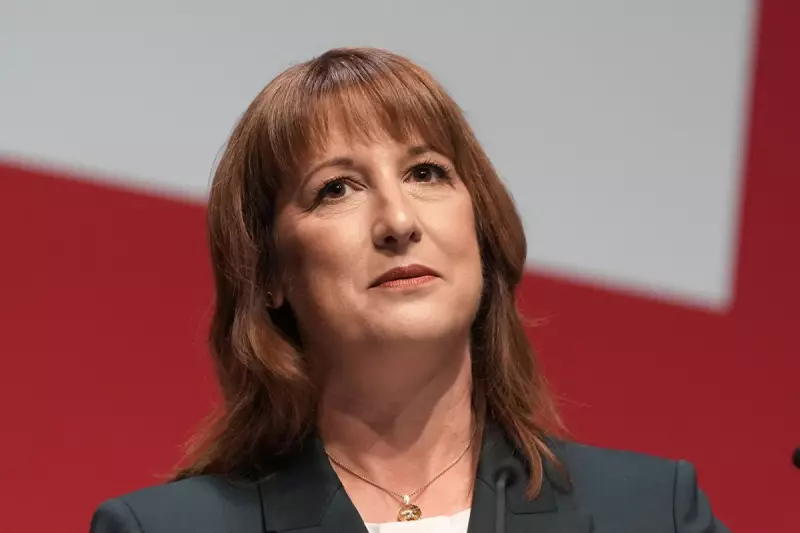
As Chancellor Rachel Reeves prepares to deliver her first major budget this autumn, Westminster is buzzing with speculation about what many are calling the most significant fiscal statement in a generation. The new Labour government faces an economic tightrope walk that could define their entire political project.
The Inheritance: A Challenging Economic Landscape
Reeves inherits an economy still reeling from years of turbulence. With public services stretched thin and government debt at historic highs, the Treasury's room for manoeuvre appears severely limited. The Institute for Fiscal Studies has warned that the next government would need to find approximately £30 billion just to maintain current service levels—a sobering reality check for any incoming chancellor.
The Tax Conundrum: Promises Versus Reality
During the election campaign, Labour made firm commitments not to increase the main rates of income tax, National Insurance, or VAT. However, experts suggest this pledge may prove difficult to honour without significant spending cuts elsewhere. The Resolution Foundation has highlighted that the UK's tax burden is already set to reach its highest level since 1949, creating a political minefield for any chancellor seeking additional revenue.
Where Could the Money Come From?
Several options are reportedly under consideration:
- Wealth taxes: Potential reforms to capital gains tax or inheritance tax could generate significant revenue
- Business taxation: Closing corporate tax loopholes or increasing windfall taxes on energy companies
- Stealth taxes: Freezing tax thresholds for longer, dragging more people into higher tax brackets
- Green levies: New environmental taxes aligned with Labour's net-zero ambitions
The Growth Dilemma
At the heart of Reeves' strategy lies a fundamental belief that stimulating economic growth will ultimately solve the Treasury's financial challenges. Her "securonomics" approach emphasises British industrial strategy, skills investment, and infrastructure spending. However, critics question whether this growth-first model can deliver results quickly enough to address immediate fiscal pressures.
Political Ramifications
This budget represents more than just an economic statement—it's a crucial test of Labour's governing competence. After 14 years in opposition, the party must demonstrate it can manage the nation's finances responsibly while delivering on its election promises. How Reeves balances these competing demands will likely shape public perception of the Starmer government for years to come.
As autumn approaches, all eyes will be on the red box containing what could be the most consequential budget since the austerity measures of 2010. The choices made by Rachel Reeves will reveal much about Labour's true economic priorities and governing philosophy.





